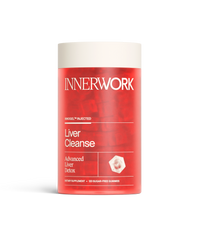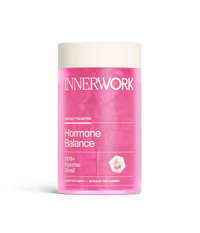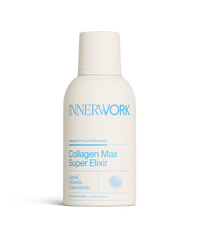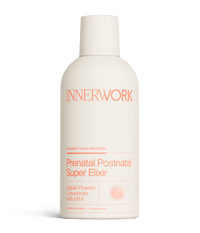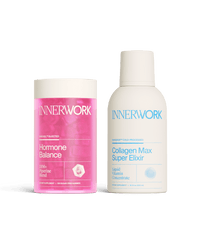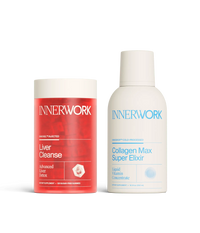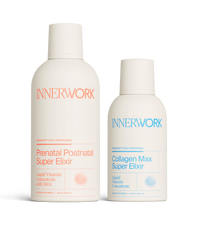The liver processes over 100 gallons of blood daily, a staggering workload that often goes unappreciated. While it doesn't require fancy cleanses or expensive detox kits, it does need support to function optimally in our toxin-laden environment.
Hepatic congestion, akin to a traffic jam in your body's detox highway, can lead to fatigue, bloating, skin issues, and hormonal imbalances. While alcohol is a well-known liver stressor, it's not the only culprit. Sugar, environmental chemicals, certain medications, and chronic stress all contribute to liver congestion.
To support liver health, incorporate liver-friendly foods into your diet. Cruciferous vegetables, alliums like garlic and onions, bitter greens, and turmeric can all boost liver function. These foods stimulate detoxifying enzymes, support bile production, and reduce inflammation.
A simple liver support protocol might include starting your day with warm lemon water, using digestive bitters before meals, dry brushing to stimulate the lymphatic system, applying castor oil packs, and taking detox baths with Epsom salts. These practices can enhance your liver's natural detoxification processes.
While supplements can support liver health, they should be approached with caution. Some science-backed options include milk thistle, N-Acetyl Cysteine (NAC), alpha-lipoic acid, dandelion root, glutathione, artichoke extract, and chicory root. These supplements can protect liver cells, boost antioxidant production, stimulate bile flow, and support overall liver function.
Innerwork's Liver Cleanse gummies offer a convenient option, combining many of these beneficial ingredients in one product. However, it's crucial to remember that supplements should complement, not replace, a healthy lifestyle.
Ultimately, supporting your liver is about making consistent, liver-friendly choices daily. It involves treating your liver as the vital organ it is, not as a disposal unit. By adopting these practices and being mindful of your liver's needs, you can support this unsung hero of your body, potentially leading to improved overall health and vitality.
References
Trefts, E., Gannon, M., & Wasserman, D. H. (2017). The liver. Current Biology, 27(21), R1147-R1151.
Jensen, T., et al. (2018). Fructose and sugar: A major mediator of non-alcoholic fatty liver disease. Journal of Hepatology, 68(5), 1063-1075.
Yang, G., et al. (2016). The role of isothiocyanates and cruciferous vegetables in cancer prevention. Molecular Nutrition & Food Research, 60(6), 1391-1403.
Farzaei, M. H., Zobeiri, M., Parvizi, F., El-Senduny, F. F., Marmouzi, I., Coy-Barrera, E., ... & Abdollahi, M. (2018). Curcumin in liver diseases: a systematic review of the cellular mechanisms of oxidative stress and clinical perspective. Nutrients, 10(7), 855.
Abenavoli, L., Capasso, R., Milic, N., & Capasso, F. (2010). Milk thistle in liver diseases: past, present, future. Phytotherapy Research, 24(10), 1423-1432.
Honda, Y., Kessoku, T., Sumida, Y., Kobayashi, T., Kato, T., Ogawa, Y., ... & Nakajima, A. (2017). Efficacy of glutathione for the treatment of nonalcoholic fatty liver disease: an open-label, single-arm, multicenter, pilot study. BMC gastroenterology, 17(1), 1-9.
Giacosa, A., Guido, D., Grassi, M., Riva, A., Morazzoni, P., Bombardelli, E., ... & Rondanelli, M. (2015). The effect of ginger (Zingiber officinalis) and artichoke (Cynara cardunculus) extract supplementation on functional dyspepsia: a randomised, double-blind, and placebo-controlled clinical trial. Evidence-Based Complementary and Alternative Medicine, 2015.

